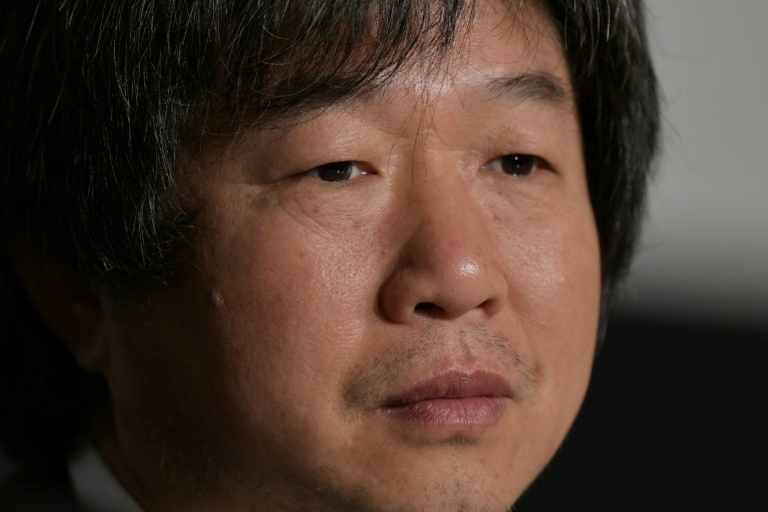Cannes gets rare look at real life in Chinese factories

Wang has delivered some of the most important and immersive documentaries about China
Cannes – Chinese filmmaker Wang Bing got incredible access to the inner workings of his country’s textile industry by spending five years with its employees, but he fears it may be more difficult for him to work there in future.
Wang, who has delivered some of the most important and immersive documentaries about China, made “Youth (Spring)” from 2,600 hours of footage.
The unflinching but tender portrait of young workers in textile factories premiered at the Cannes Film Festival on Thursday — a rare documentary to be included in the main competition for the Palme d’Or.
The factory managers are filmed openly as they negotiate dirt-cheap wages and tell workers to leave if they aren’t happy — footage gained thanks to Wang’s many years on the ground.
“Bit by bit as I got to know all these managers from the factories, I was really able to get total freedom from them and even very strong support on their part,” he told AFP.
But now Wang worries he may not have such access to film in China again.
“It will be more and more difficult to shoot there because China is entering a phase in its history where denunciation is becoming the heart of society”, he said.
China has seen a tightening of its authoritarian rule in recent years under Premier Xi Jinping.
“The concrete changes that are happening, that we can see and are real, are totally unexpected and surprise me. I must say it is totally incomprehensible to me,” Wang said.
– Patient observer –
Filmed in Zhili, the Chinese garment capital on the Yangtze River, the movie shows the small textile factories in bleak grey concrete high-rises strewn with garbage.
Wang’s camera patiently observes the daily lives of young people who have come from rural regions to join the sprawling workforce.
In long takes we see their rapid mechanical movements hunched over sewing machines, often against a background of banter and blaring music.
But it also shows its young subjects as they relax, joking with each other, flirting, drinking and talking about everything from abortion to marriage.
The filmmaker knows the 212-minute running time will put off many viewers but he said his priority was staying true to his subject.
“What’s essential for the director is to feel that the length corresponds with the true length of the subject being treated,” he said.
– Nine hours –
And he is not done yet.
Since 2021, Wang has been editing in Paris and plans two more parts of “Youth”, to create a trilogy of more than nine hours.
The premiere in Cannes on Thursday received a standing ovation, and early reviews were broadly positive.
Deadline hailed an “exceptional” documentary that paints a “grim picture of life for young Chinese workers”.
For The Guardian it was a “giant, immersive documentary” full of “heart-stopping stories”.
Variety magazine was less enthusiastic, calling it “a deflating, even dehumanising, experience”.
Wang was nominated in 2018 at Cannes for his eight-hour-plus documentary, “Dead Souls”, on re-education camp survivors.
His first epic documentary, “West of the Tracks”, about migrant workers, ran for over nine hours.
Other films include “Til Madness Do Us Part” (2013), set in an asylum where mentally ill patients are locked up with political prisoners, and “Three Sisters” (2012), which won a prize in Venice, about three young girls left to fend for themselves in the Yunan mountains while their parents work in the city.
